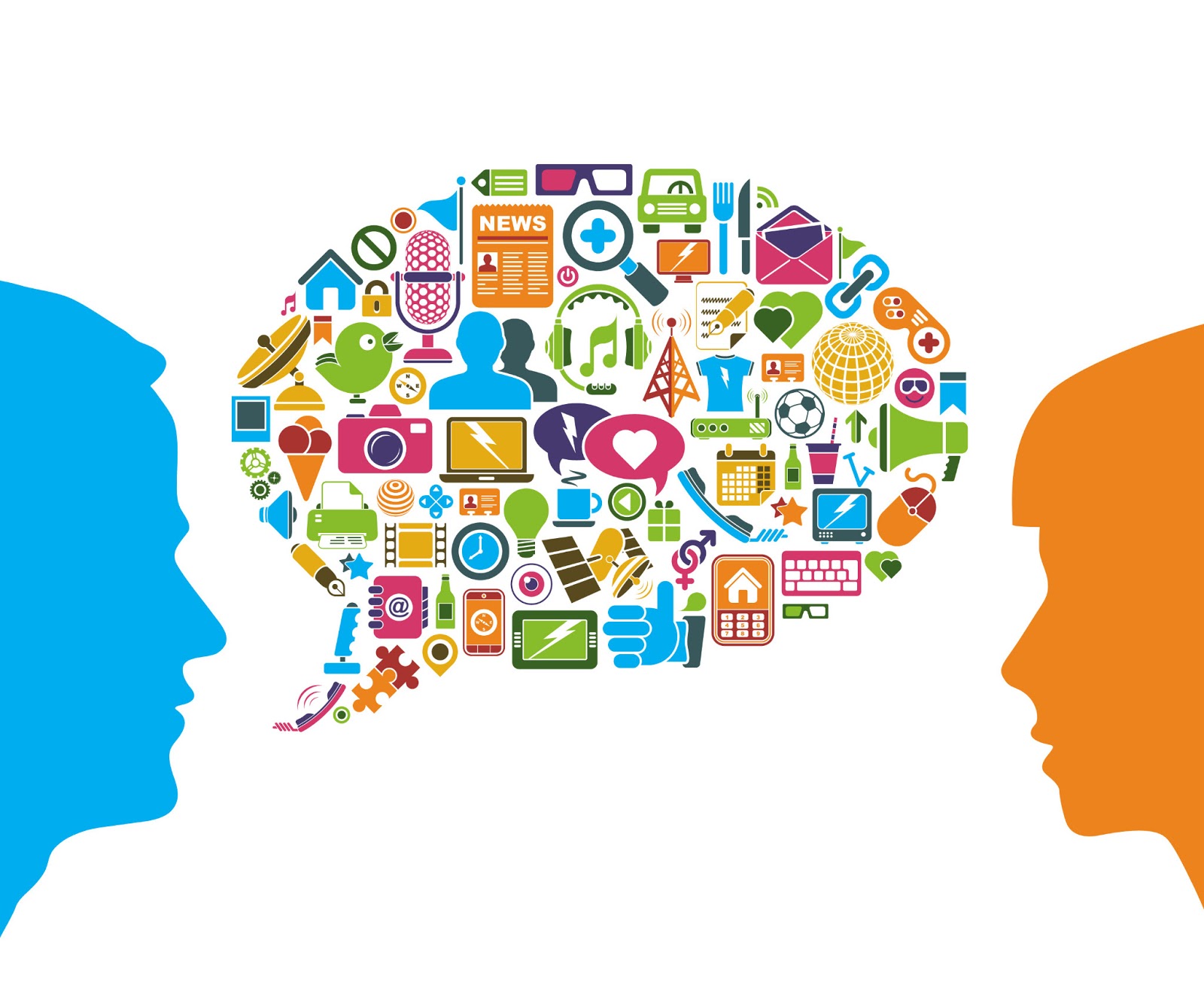The rapid increase of technology that has occurred—and is still occurring—since the 2000s has led to an extreme reliance on these innovations for everyday tasks among most everyone in America. This is particularly apparent in younger generations, including myself. Our childhoods were spent indoors, watching cartoons and playing video games. If we did go outside, we were always accompanied by an iPod Touch or some other form of technology. We were never given the chance to discover who we were without technology before we were immersed in the world of touch screens. Now, with the current pandemic, it is a blessing to have access to the technology that enables us to talk to and “see” our friends and family. But once this is all over, will we actually be able to disconnect from technology and experience and enjoy life unplugged? If life before the pandemic tells us anything, it’s that this probably won’t happen.
My generation, Generation Z, relies on technology for everything. We use Google Maps for directions, Uber for transportation, Reddit or Slader for answers to homework and tests, and Youtube to teach us everything else we don’t know. If our generation was left to themselves for one month without any technology, at least half of us would realize our disastrous incompetence. The saddest thing that Generation Z relies on technology for, though, is simply talking to other human beings. LivePerson, a provider of cloud mobile and online business messaging solutions, conducted a study with more than 4,000 18-34 year olds, and found that 65% of Gen Z prefers to talk digitally rather than in person. This means the majority of my generation prefers to do everything from congratulating someone to confronting them through their phone. And this isn’t our fault. We have grown up with technology shoved in our faces since we were probably 5 years old, so it’s only natural that we have grown accustomed to using it. However, the biggest problem emerging from this addiction—I mean reliance—on technology is that no one knows how to talk to each other in real life.
In fact, technology is so ingrained in our daily life our cell phones have become like another limb. We are so used to communicating over text that the conversations we do have in person are not as adequate and meaningful as we think they are. Sure, we are good at joking around and gossiping, but if any given friend group is left together without cell phones (yes, this means no memes to share and laugh at) I guarantee there will be lots of awkward silences. Now, if our real life communication skills are so deteriorated that everyday conversations are inept without technology, how will our generation deal with tough face-to-face conversations? The answer is they won’t. Almost all of the conflicts and drama I hear about in high school is through social media or texting. I’ll hear things like: “So-and-so tweeted this” or “She talked sh*t about me to him” or “I can’t believe he would send those pictures to her.” But no one confronts people face-to-face about their problems. They all hide behind their screens. I’ve always felt that if I want to have a serious conversation, no matter the context, I will either do it in person or through an actual phone call, not a text message. Sadly, most of my generation does not feel the same.
You might be thinking, “Well, what’s wrong with that? It’s easier, and we are simply using the technology available to us.” I’ll tell you what’s wrong with this. The easy way is usually not the right way. The oldest members of Generation Z are young adults now, and soon the rest of the generation will be, too. Our generation will be full of grown-ups—yes, with jobs and kids (or dogs) and all that. Are they gonna ask their boss for a raise through a text? Are they going to confront that coworker that mistreats them through an indirect, passive aggressive tweet? Are they going to have that serious heart-to-heart with their uncle whom they’ve been fighting with for years on Facebook? I can only hope that this will not be the case. I understand how it might be easier to confront someone or open up about something on the other end of a screen. But at the same time, it can be more isolating and less meaningful to both parties than if you actually took the time to talk to them in person.
Technology will never be able to mirror the satisfaction and peace that comes with speaking up to someone about what you’ve been thinking about for months. It won’t beat the reassuring hug or hand squeeze you receive after you tell a close friend what you’ve been struggling with. It won’t replace the nights you spend crying with your sister after you’ve both been dumped. It won’t replace the laughter during a family game night. Technology should never be able to replace personal, real life, face-to-face human interaction, but if our generation does not learn sincere communication skills soon, a whole part of the human experience, the best part, will be gone, with nothing to show for it but a text reading “lol, bye.”
Ashley Tosh was born and raised in Fremont, California. This is her second year at the paper, and she is the Hatchet’s Editor in Chief. As a staff reporter last year, she often covered news and sports stories, and she always tried to find topics she was passionate about to report on. She was also The Hatchet’s Political Columnist. In the future, Tosh hopes to become a professional journalist and use her voice to make a difference in the world. Tosh has played sports her entire life, but she has a special love for softball. She dreams of playing softball in college, and uses this to motivate her in every aspect of life.

